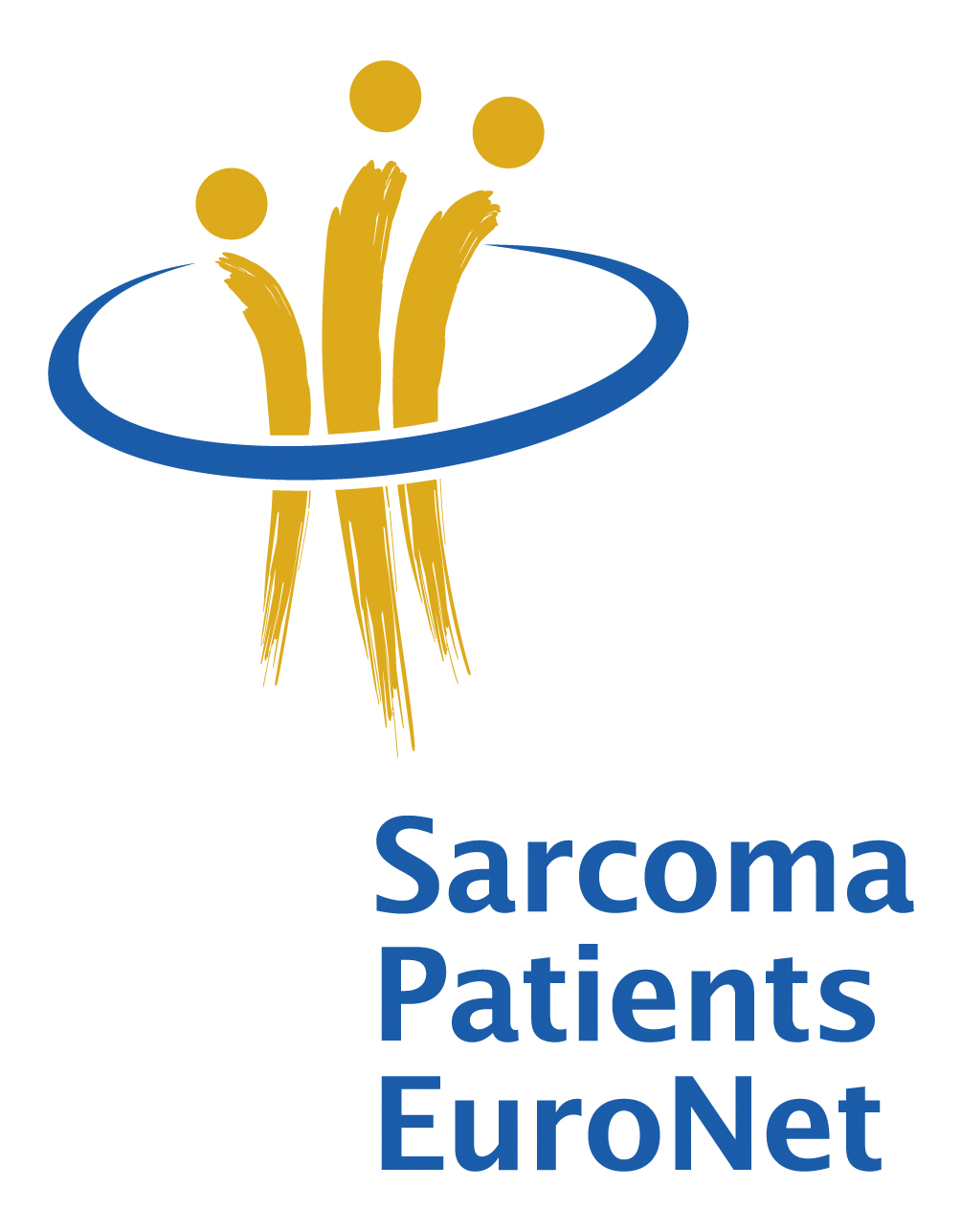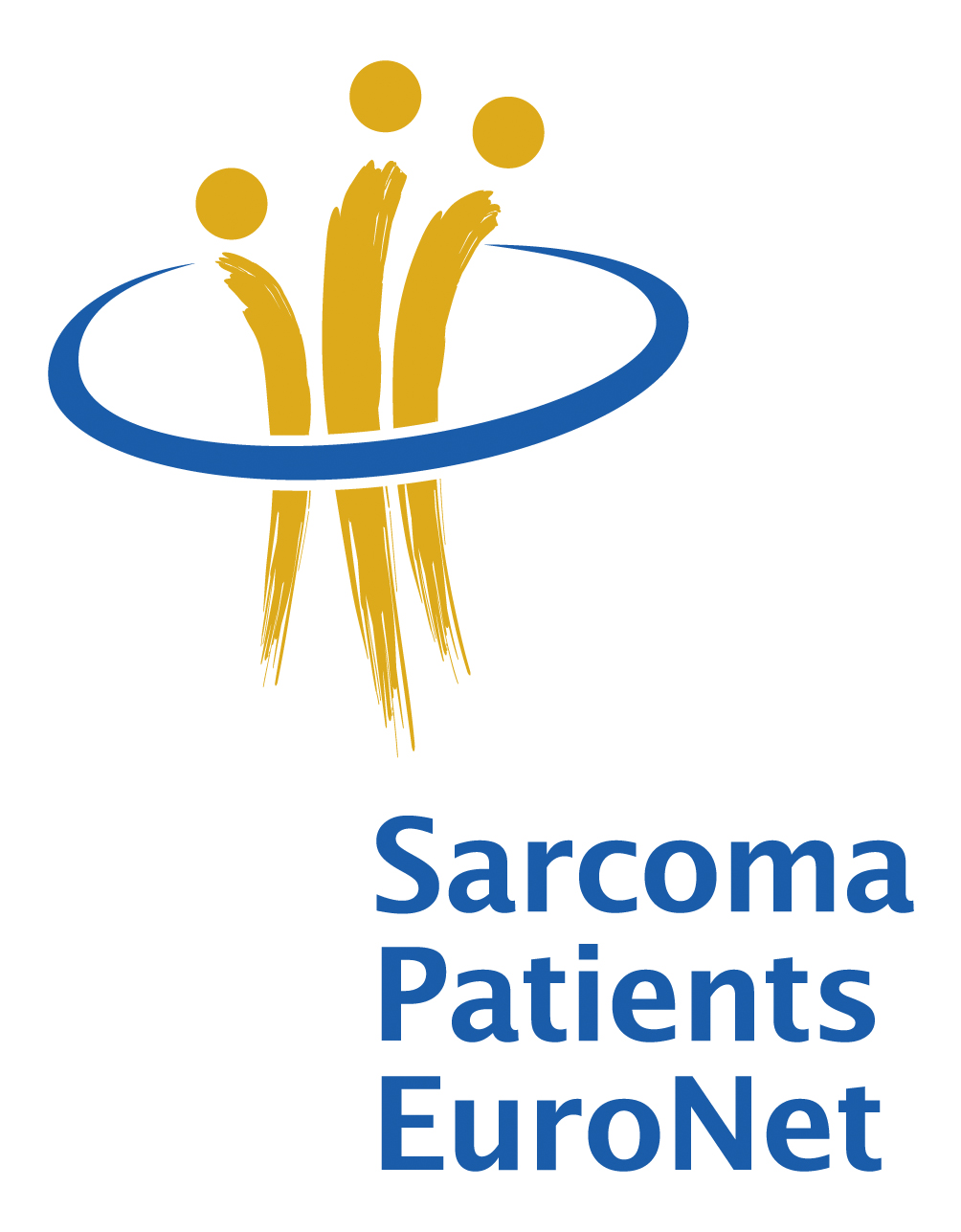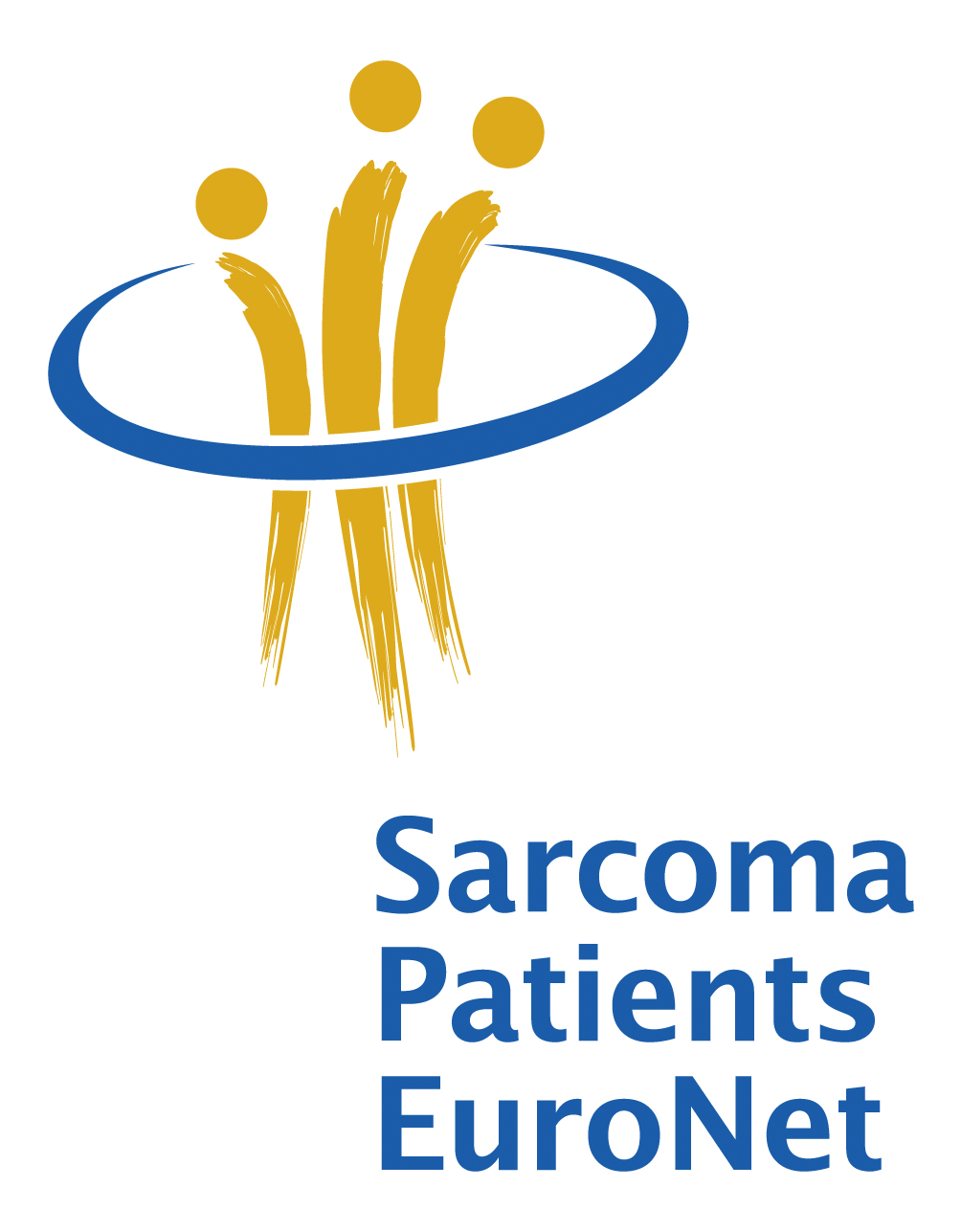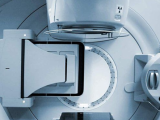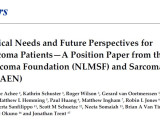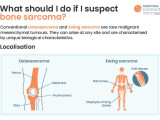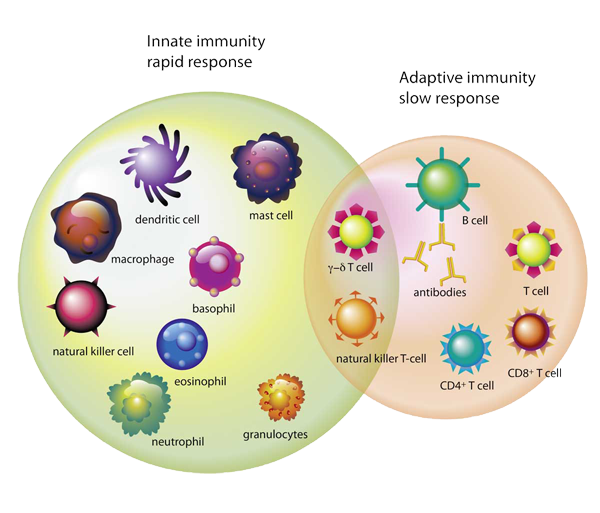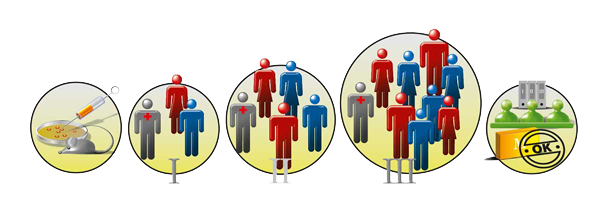For national GIST Patient Support and Advocacy groups: Please translate this list into your national language and provide the document for GIST-Patients on your website. Thank you very much!
1. Gastrointestinal stromal tumours (GISTs) belong to the group of sarcomas; they are uncommon tumours of the digestive (gastrointestinal; GI) tract. More than half of GISTs start in the muscular wall of the stomach; most others are in the small intestine; rarely, GISTs are found at other GI sites. GISTs aren’t the same as other, more common GI tract cancers. GISTs are very treatable.
2. GIST strikes randomly. When GIST patients gather, they are often surprised at the diversity of people in the room - male or female, young or old, rich or poor, of European or Asian or African heritage. We don’t know of any “lifestyle” factors, such as diet, place of residence, occupation, or chemical exposures that cause GIST. In short - getting GIST was not your fault and you should not feel any shame or guilt about having the condition.
3. GISTs are rare! Many doctors have never seen a patient who has GIST. You should definitely be treated by an oncologist – ideally by a sarcoma expert and a specialised multidisciplinary team with GIST-experienced surgeons and radiologists. If possible, find a GIST specialist at a sarcoma centre or major cancer centre.
4. We believe that every GIST patient should be an informed patient, empowered to advocate for the best possible treatment. If available in your country - please contact your national GIST or Sarcoma patient support group as early as possible. These organizations are well informed, in contact with leading experts, ready to help, providing helpful free information and resources.
5. When you are first diagnosed with GIST, ask for a copy of your pathology report. This information will help you when you discuss treatment with your doctors. Mutational testing is also important. It is available in most countries. This is a molecular diagnostic test done by a pathologist that will help your doctor to determine the therapy that is best for you. We encourage you to insist on mutational testing.
6. Ask your oncologist whether your GIST is “localized” or has “metastasized” (spread). If the tumour is localized, surgery is the first line treatment to achieve a cure. If the GIST has spread, surgery may still be recommended, but systemic therapy – by oral drugs – will be needed. The recommended drugs internationally approved today and used in this order are Imatinib (Glivec® or Gleevec™), Sunitinib (Sutent®), and Regorafenib (Stivarga®). (In each case, the generic name is given first, with the major brand-name in brackets). In some cases, surgeons recommend taking Imatinib “neoadjuvant” for several months = prior to surgery - to reduce the size of your GIST and make surgery less invasive.
7. Even if a localized GIST is removed by surgery, your oncologist may prescribe “adjuvant” therapy. This means that – although a tumour is not detectable at this moment – he or she will recommend that you take Imatinib every day, at least for a few years, to reduce the chance that the GIST will return.
8. Some GISTs do not respond to Imatinib or become resistant to Imatinib; resistance to a therapy and the further development of the disease is called “progression”. However, there are other approved drugs, should this occur in your case. There are also new drugs being developed and offered in clinical trials - which, we hope, will also be effective treatments for some patients.
9. Oral drugs for GIST can be very effective, but they can lead to unpleasant side effects, such as nausea, fatigue, fluid retention, hand-foot-syndrome, hypertension or cramps. Some of these side effects can be prevented by prophylactic actions and many of these side effects can be treated successfully. Don’t “suffer in silence”. Tell your doctor about any side effects and ask for help in handling them. Specifically, the oral treatments with Sunitinib and Regorafenib need expert care. Very often GIST-specialists can treat a patient with individual dosing. This helps the patient to bear the side effects and to benefit from the therapy as long as possible. Additionally, for practical advice you can also consult other patients with similar experience, on the online discussion forum of GIST patient support groups.
10. Close monitoring of the patient with GIST and of any medicine-based targeted therapies in use is indispensable. The aftercare intervals - every 3 to 6 months - depend on the patient’s risk, the methods of examination, the location of the primary tumour and metastatic status. In their own interest, GIST patients should insist on long-term and close monitoring – also beyond.

